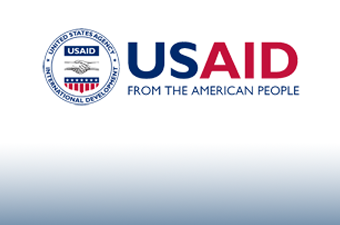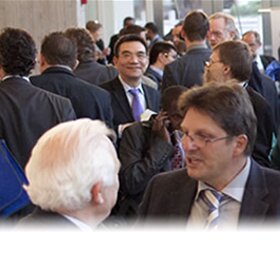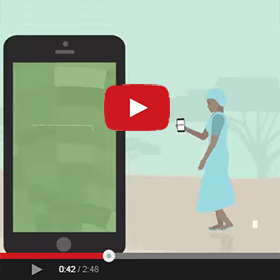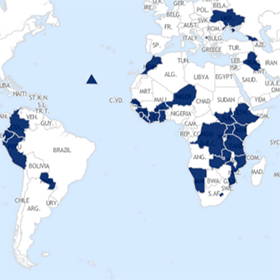Rural-Urban Migration and Land and Rural Development Policies in Ethiopia
A guest post by Zemen Haddis Gebeyehu, Senior Agriculture Policy Advisor, USAID/Ethiopia With 83 percent of its population living in rural areas, Ethiopia is one of the least urbanized countries in Sub-Saharan Africa. Agriculture remains the main economic activity of the rural workforce. However, migration from rural areas to cities has been increasing in recent years. This week, I will present a paper that examines the relationship between migration and the land and rural development policies of Ethiopia. The study tests the hypothesis that Ethiopia’s land and rural development policies influence the dynamics of rural-urban migration in ways unanticipated by




